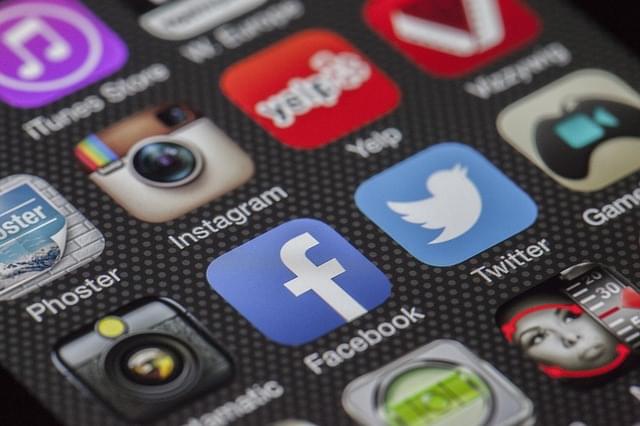
By Illinois Radio Network
Facebook has donated more than $250,000 to Illinois state senators and representatives since 2015, spending that a digital media professor says may be more of an effort to preempt future regulatory measures or boost brand awareness than serious lobbying.
Facebook’s money, as found through the Illinois State Board of Elections campaign disclosures website, is going to both Republicans and Democrats at the Illinois statehouse. Facebook didn’t return messages seeking comment.
The largest contributions have been $10,000 to each of the four legislative leaders, with other donations to individual legislators ranging from $250 to $3,000.
Mike Yao, associate professor of digital media at University of Illinois, doesn’t see Facebook’s political spending in Illinois as lobbying.
“I see this as a brand communication strategy, meaning that now all the politicians are more aware of this platform called Facebook, they’ll pay more attention,” Yao said. “It’s just the brand, and there’s more affinity. It has long term payoff.”
Yao said the bipartisan donations give the appearance that Facebook would rather regulate itself than have state lawmakers do it.
“They’re not lobbying or trying to influence any particular policy, but there’s an effort to avoid government regulations, or a legislative effort, to deal with companies like this,” Yao said.
It’s hard to define exactly what Facebook is, Yao said, because the website has evolved from a social network to a microblogging site, and is fully dependent on user-generated media. He said things really evolved when the company went public in 2012, and had to answer to shareholders.
“Very early on Facebook resisted the advertising driven model in that they wanted to maintain a very utopian people-connecting-with-people idea, but the tide doesn’t generate enough money,” Yao said.
While he doesn’t speak for Facebook, Yao speculated what the message could be from spending in politics on the state level.
“‘Every single politician, I just want to encourage you to think of Facebook, use Facebook as a platform, and also when the day that comes there’s any effort to regulate, or whatever, that Facebook is on your mind,’ ” he said.
Yao said this type of political spending is probably more productive and a lot cheaper than more broad, multi-million-dollar advertising campaigns.
Facebook, and other social media companies, have in the past been the target of state legislation concerning the use of facial recognition technologies, and the privacy concerns therein. Facebook is also an employer who recently announced 2,000 jobs going to Chicago.
The Federal Elections Commission reports Facebook spent more than $570,000 on both Republicans and Democrats in federal politics since 2017. Facebook has spent about $7 million on campaign contributions in the past 12 years, according to media reports.
Searches for political contributions in Illinois from Twitter didn’t produce any results.
The only contributions Google, or its parent company Alphabet Inc., showed through elections board data was annual $750 contributions to the Chicagoland Chamber of Commerce, and annual $1,000 contributions to the Illinois Chamber PAC. A state representative got a $2,100 in-kind contribution from Google for a state policy conference earlier this year.






